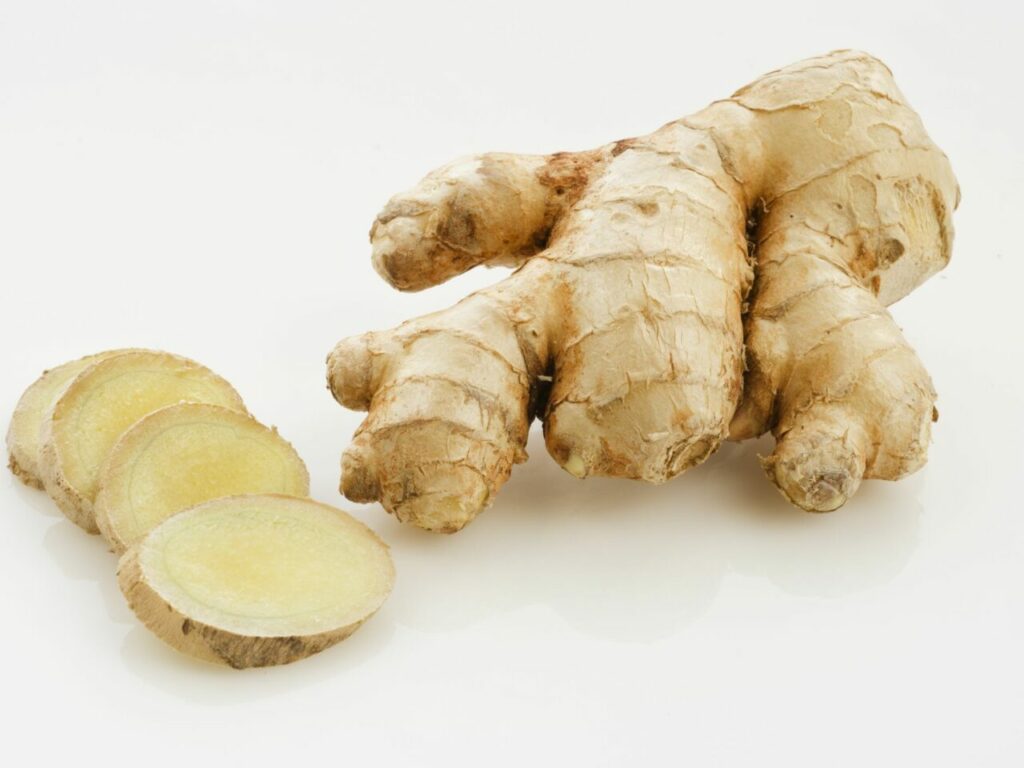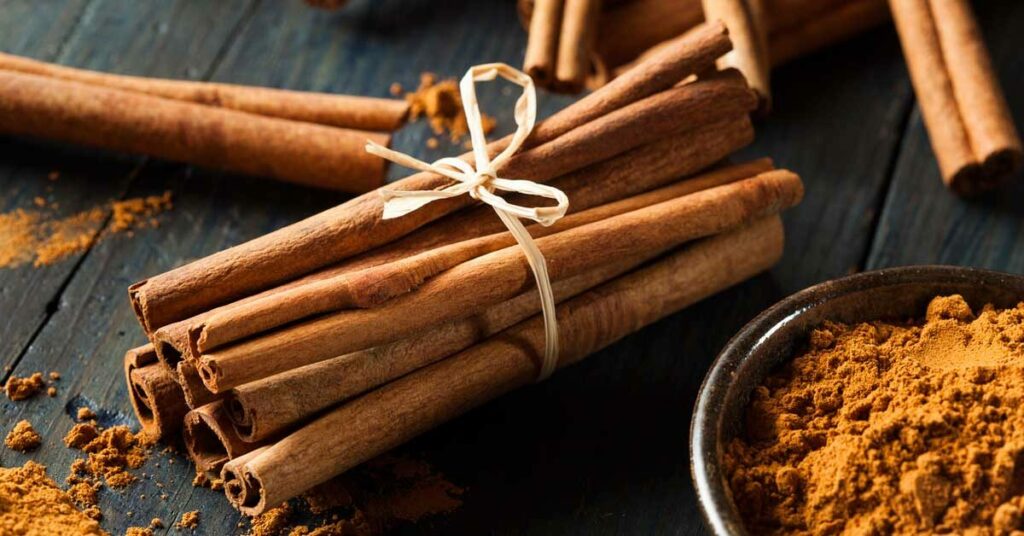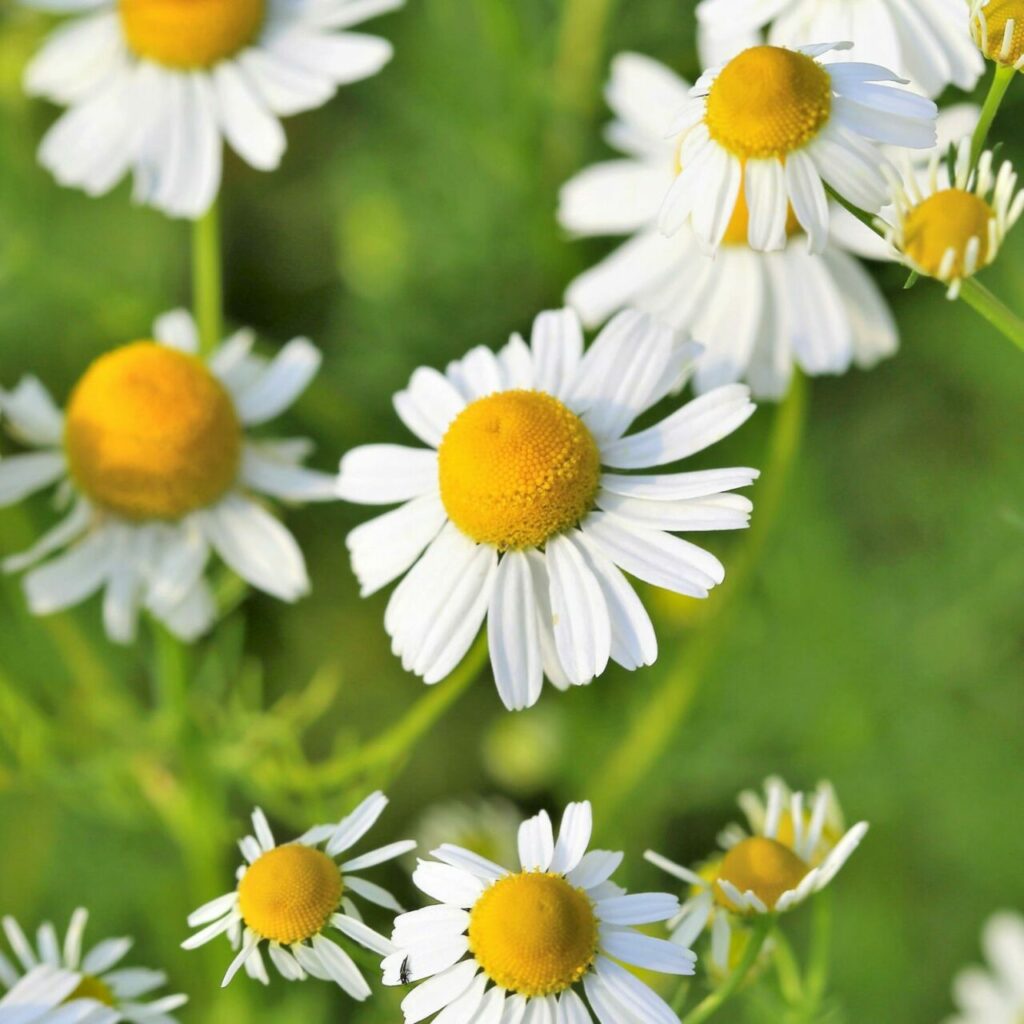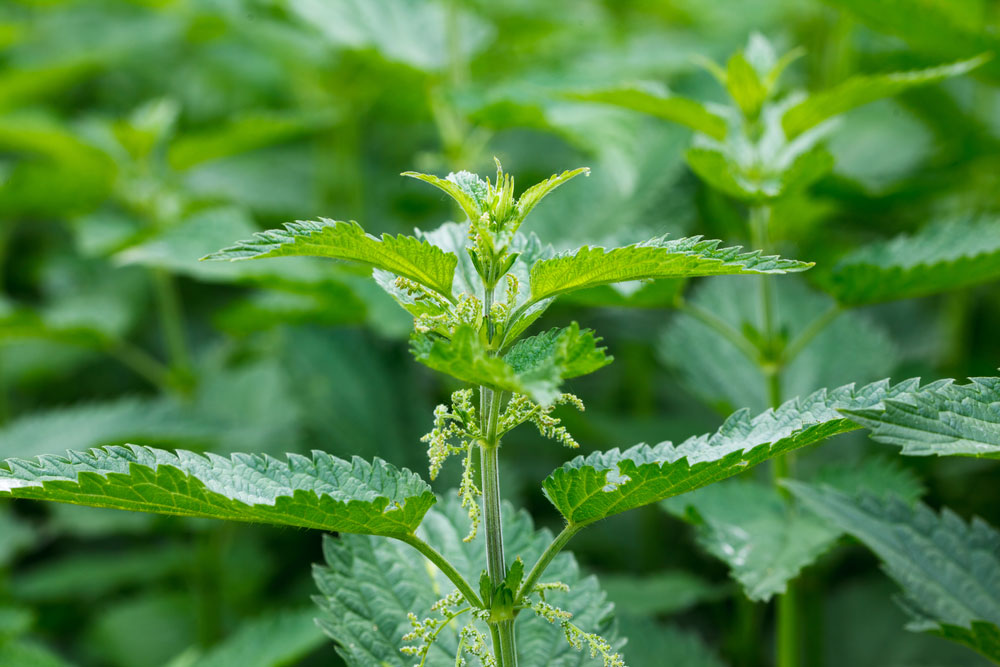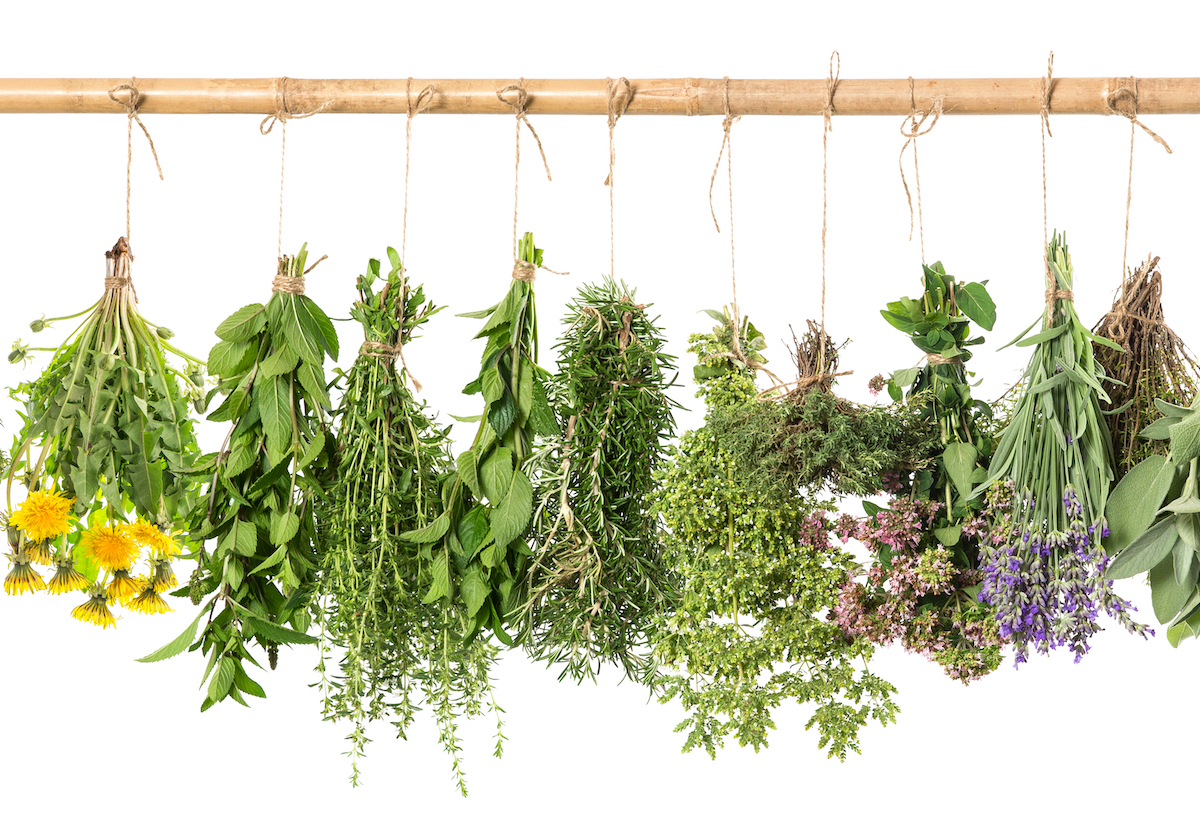
One of the greatest gifts we've been given as human beings is the herbs, fruits, and veggies the earth produces.
Ages ago, cultures understood the importance of them for wellness and healing, but somehow in the modern-age the concept of food as medicine began to fall away.
But thankfully, this concept is becoming more and more apparent again, and we're opening our eyes to the fact that surrounding us are so many healing natural gifts waiting to be enjoyed and appreciated. This includes herbs, which can do things like reduce inflammation, decrease our chances of cancer, heal our digestive tracts, and more.
The following are six herbs that we should all consider looking into and potentially integrating into our daily lives.
# 1 - Turmeric

Turmeric is the king of anti-inflammatory herbs. It's recommended for joint pain, arthritis, chronic inflammation, and daily wellness. It's also been found to be anti-tumor and doctors even have been known to prescribe it during breast cancer treatment. Furthermore, it supports the brain and reduces risk of dementia.
How to Buy and Use
It's good to buy fresh organic turmeric, or you can use dried and ground turmeric. For best results, it should be served with a fat and with black pepper to increase bio-availability. Consider using it in cooking, in condiments, make tea, or golden milk. You may also enjoy juicing it or take via capsule.
#2 - Ginger
Ginger is anti-inflammatory, anti-bacterial, anti-nausea, warming, carminative digestive, anti-cancer, anti-viral, and decongestant. It is a great remedy for colds and flu and stimulates circulation, breaks up congestion, reduces aches and pains, and eases nausea and vomiting.
How to Buy and Use
Use organic fresh or ground ginger from your local grocery store. You can also greatly benefit from ginger tea, which you can easily find in-store or online.
Ginger can be added to foods such as stir-fry, used for hot drinks, or eaten straight or candied. One of my favorite ways to consume ginger is as part of a hot lemon and honey drink. Fresh ginger root can be juiced along with your regular apple-carrot juice shot.
#3 - Cinnamon
Cinnamon is a warming carminative digestive that is often used in festive drinks and associated with Christmas. While this is wonderful during the holidays, cinnamon is an important spice to add to your food year round.
It's a proven anti-inflammatory, anti-fungal, antiviral, anti-microbial. One of its superpowers is reducing insulin resistance and reducing blood sugar, helping people lose weight. While many of the scientific studies are done using Cassia cinnamon, Ceylon cinnamon is generally recommended by herbalists because it's easier on the liver.
How to Buy and Use
As you already know, you can find cinnamon readily online and at grocery stores.
Cinnamon can be combined with ginger in cooking, and used in connection with ginger, turmeric, and tea to make an anti-inflammatory chai, a delicious way to enjoy your herbs for longevity.
#4 - Chamomile
Chamomile is a proven anti-spasmodic, bitter, digestive, anti-microbial, anti-viral, and antioxidant. Plus, it relieves tension associated with stress and helps inspire deeper sleep. Chamomile essential oil is a rich blue color and especially useful for skin health.
How to Buy and Use
It's available as a tea online and at most grocery stores, and herb supplies usually sell chamomile as a bulk. You can also buy it in the form of tea and oil. Chamomile infused oil can be used in salves for skincare. Tea made from the flowers can work as a hair or skin rinse, as well as a hot drink.
#5 - Nettles
Nettles are a wild and weedy herb that are full of potent anti-aging properties. The leaves are rich in minerals and vitamins are often used as a spring tonic or daily mineral tonic tea. They support lung and kidney health and the immune system during hay fever season.
Nettles grow throughout the Northern Hemisphere, and you may find them at the edge of the woods or near streams and creeks, growing wild.
How to Buy and Use
You can buy nettles in the form of capsules or tea (my favorite way to use them). If you plant them yourself, gather the tiny seeds in the fall by shaking the plant with gloved hands over a bowl. Sift the seeds. Then use them as a sprinkle over oatmeal, in herb salt blends, or added to granola bars or green smoothies. Enjoy liberally.
#6 - Holy Basil
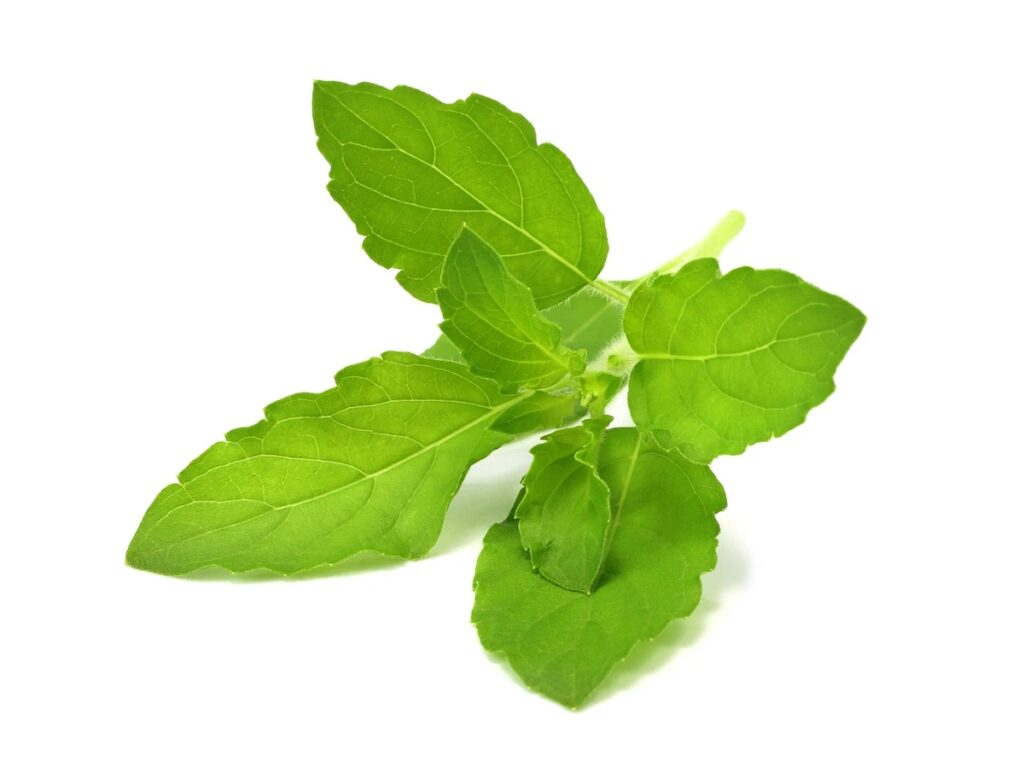
Another ultra-powerful herb, holy basil is an antiviral, antioxidant, and helps reduce cold and flu symptoms. The entire, above-ground plant can be used for tea. Holy basil has both bitter and spicy notes.
How to Buy and Use
Combine holy basil with other relaxing herbs, such as chamomile and mint, as a therapeutic tea. Teas using the herbs for longevity should be steeped for at least ten minutes, in a covered pot to hold in the heat. You can also use Holy Basil Oil, which can be used topically and inhaled.

